Understanding Your Baby’s Early Development Cues

Baby's Early Development Cues
In the early days of parenthood, it’s natural to wonder whether your baby is developing on track. From rolling over to crawling, there are key milestones that provide a glimpse into your little one’s early development.
Here’s what every parent should know about their baby’s early development and how to support them through it.
What Are the Key Motor Milestones in Early Development?
One of the most frequently asked questions by new mums is:
“When should my baby start rolling over, sitting up, or crawling?”
In an interview with Paediatric Physio, Wendy highlights that there are general motor milestones that serve as a guideline for baby development. Here’s what to look for:
- Rolling over: Typically happens between 3 to 5 months. This is one of the first major signs of strength and coordination in your baby.
- Sitting up: Around 6 months, many babies will begin to sit up on their own, using their hands for support before eventually sitting unassisted.
- Crawling: This milestone usually occurs around 9 months. Some babies will crawl earlier, while others might skip it entirely and move straight to standing or walking.
While every baby develops at their own pace, having these milestones in mind can give you an idea of what to expect and when.
How Can Parents Better Respond to Their Baby’s Cues?
“How do I know if my baby needs extra help?” is another common concern for parents.
According to Wendy, paying attention to your baby’s cues is essential. If your little one is avoiding certain activities, it could be a sign they’re struggling with that task. "If you find your little one is avoiding an activity, that's usually a bit of a sign that they’re struggling with it and need some help to master that activity," Wendy explains.
For example, if your baby resists tummy time or is hesitant to crawl, it might be worth focusing on supporting those areas. Avoiding the activity won’t help them develop, but giving them a little more guidance and practice could make a huge difference in their progress.
What Should I Do If My Baby Seems Behind on Milestones?
One of the biggest worries for parents is when their baby doesn’t hit a milestone exactly when expected. “Should I be worried if my baby isn’t rolling over or sitting up yet?” is a question mums often type into Google.
Wendy reassures parents that while milestones offer a general guideline, every baby is different. Some may take a little longer to reach certain milestones, and that’s okay. What’s important is to keep observing your baby and offering them the support they need. For instance, giving your baby more opportunities to practice rolling or sitting can help them gain confidence and skill in those areas.
However, if you feel your baby is significantly behind on milestones, it’s always a good idea to consult with your paediatrician or a specialist. Early intervention can be key in addressing developmental delays.
How Can I Support My Baby’s Early Development?
Now that you know the motor milestones to watch for, you may be wondering “How can I help my baby reach these milestones?”
There are plenty of ways to encourage development:
- Tummy Time: This helps strengthen neck, shoulder, and arm muscles, which are crucial for rolling, crawling, and sitting up.
- Interactive Play: Using baby sensory toys like Mizzie the Kangaroo can promote fine motor skills and cognitive development. Grasping and manipulating toys helps improve hand-eye coordination and strength.
- Practice Rolling and Sitting: Give your baby time on the floor to practice these skills. You can gently guide them to roll over or sit up to get them more comfortable with the movements.
Understanding your baby’s early development and motor milestones can help set your expectations and guide you in supporting their growth. If your little one is avoiding certain activities or seems behind, it’s important to recognise that as a cue they might need some extra support. With your encouragement and attention, you can help your baby reach their developmental milestones and thrive!
Remember, each baby is unique, so try not to compare their progress to others. Instead, focus on nurturing their journey at their own pace.
Transcript
So how can parents better respond to their little one's cues?For parents I think it's important for them to know there are motor milestones that are a guideline for their little one's development. They roll over between maybe three to five months sitting up around six months crawling around nine months.
So having those guidelines is really beneficial for parents to have some expectation about what they should be looking for. The other tip I would say to parents is that if you find I guess particularly as they get a bit older little ones
or toddlers your little one is avoiding an activity then that's usually a bit of a sign that they're struggling with it and they need some help to be able to master that activity.
So that's a really important cue for parents to be able to hone in onto rather than just avoid it.
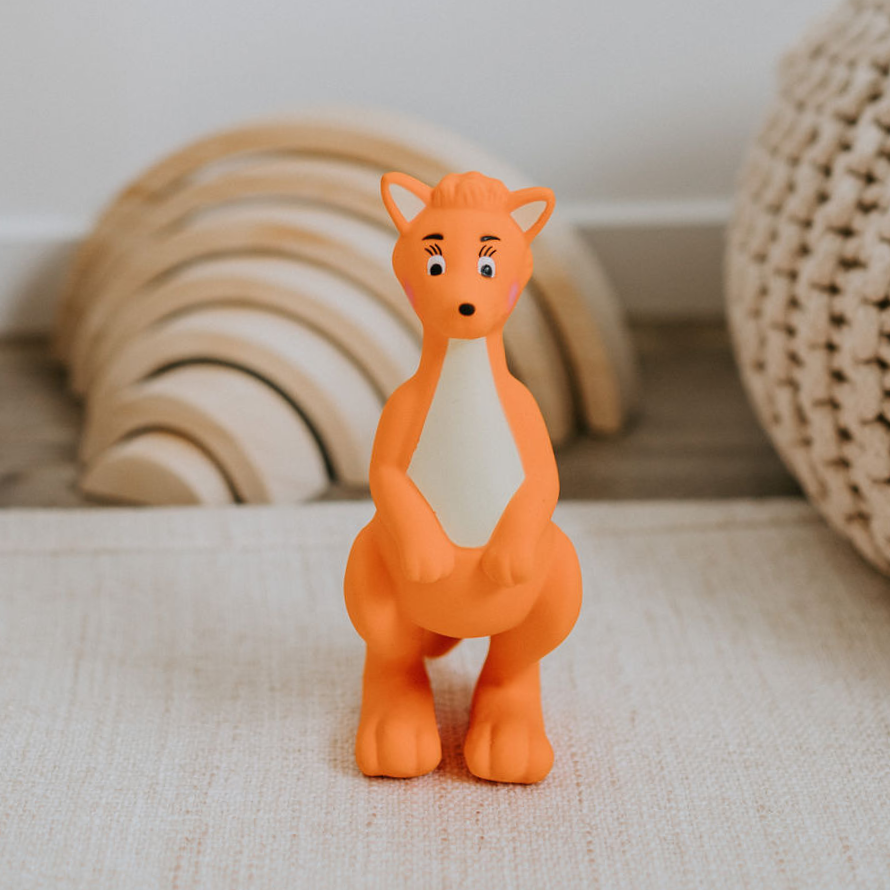





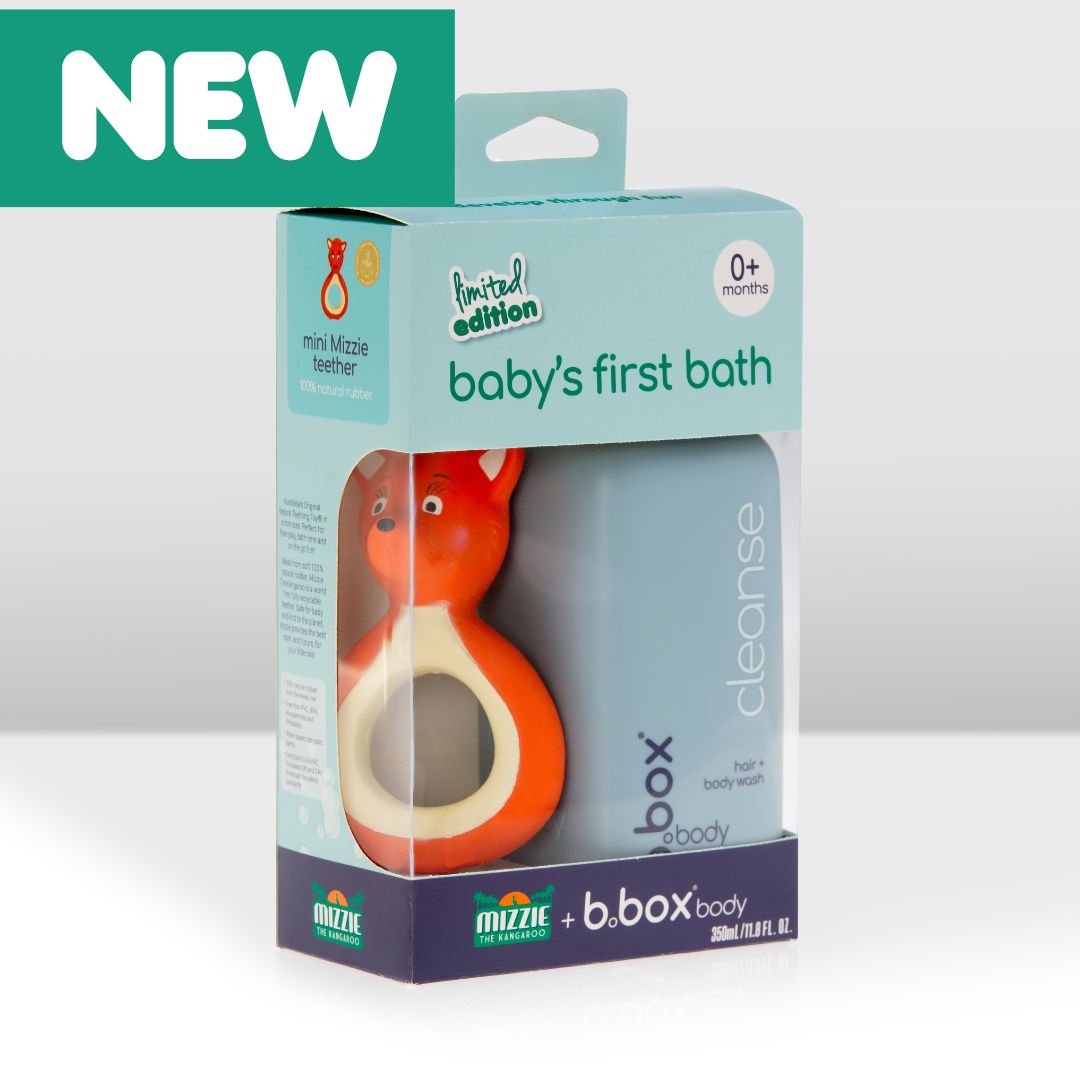
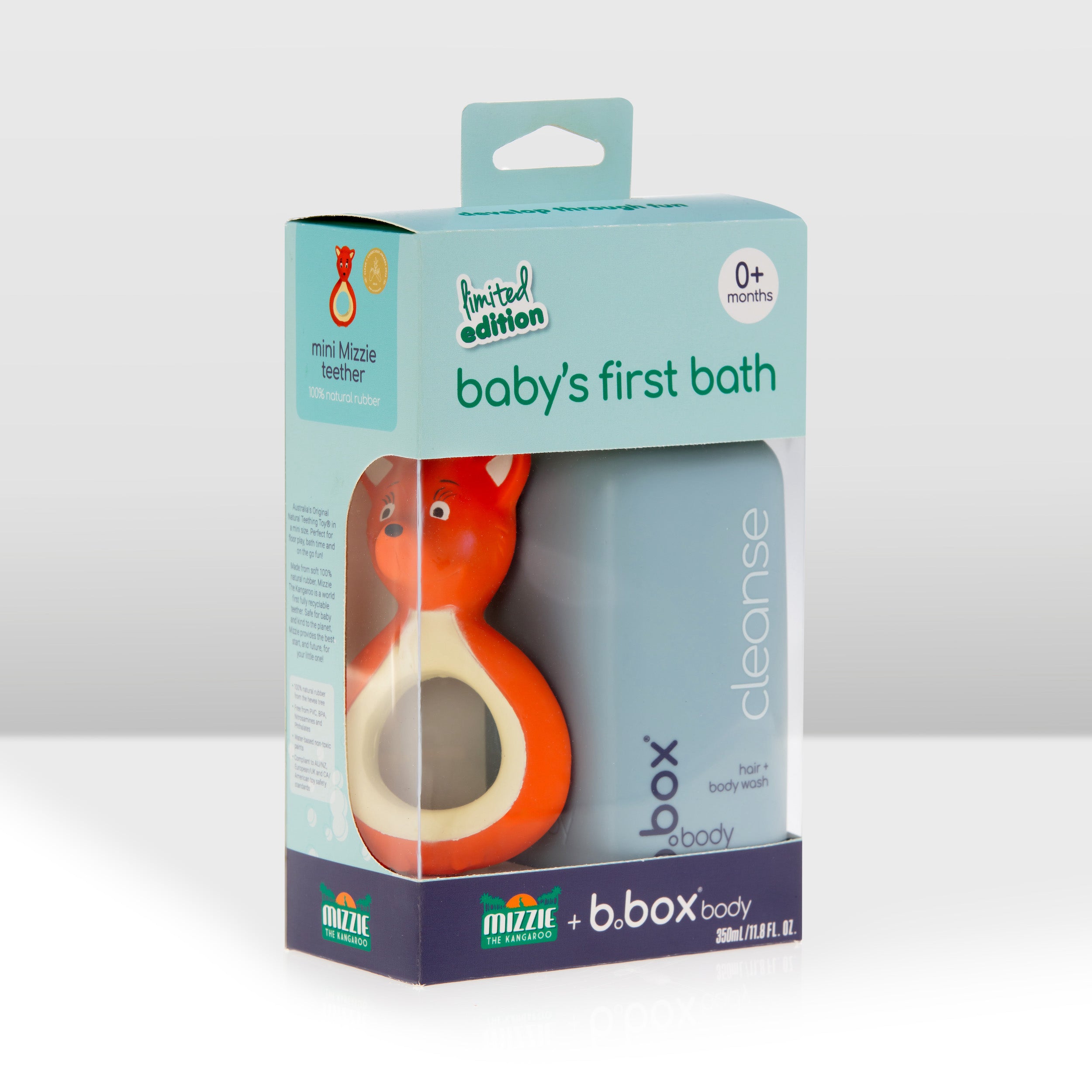


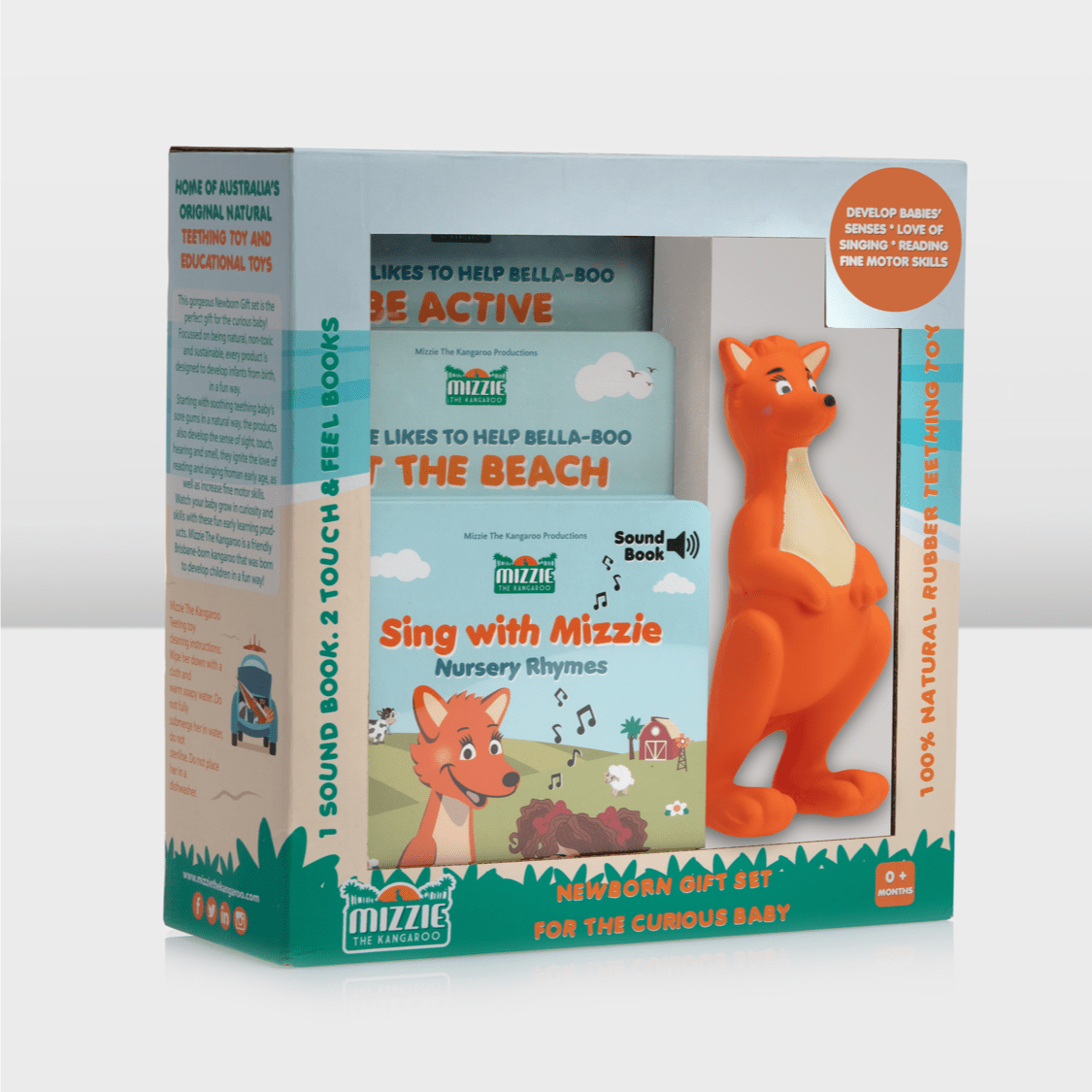
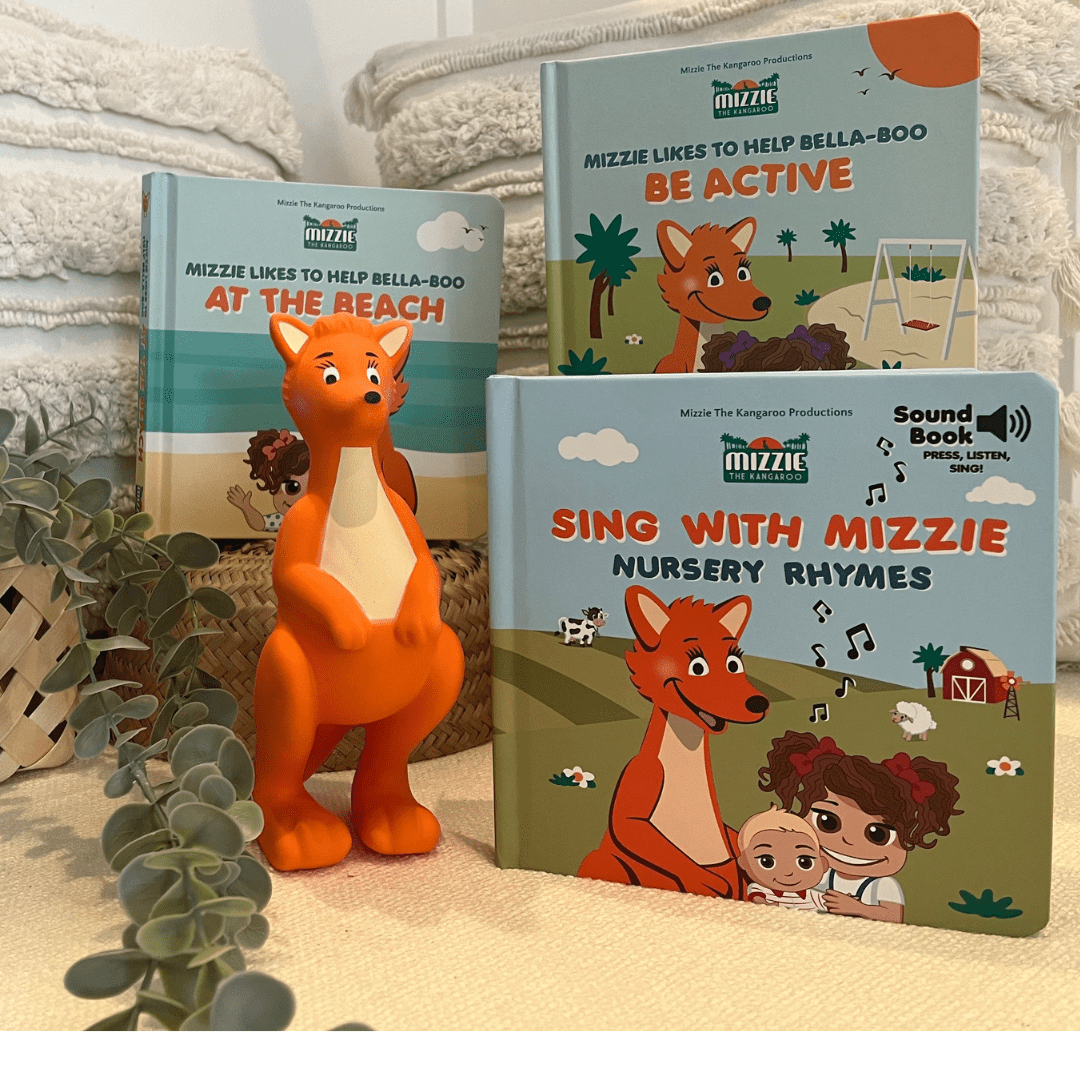
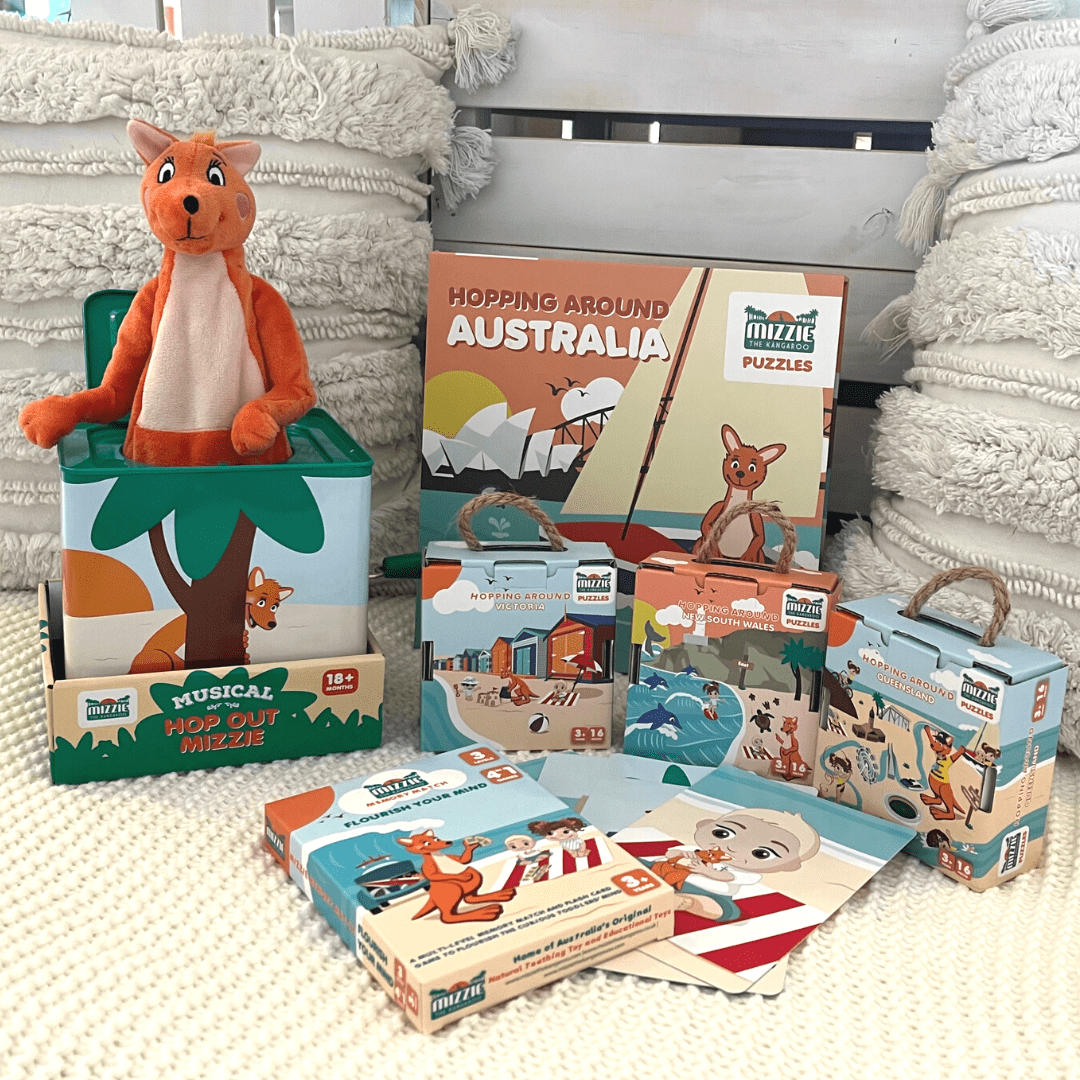
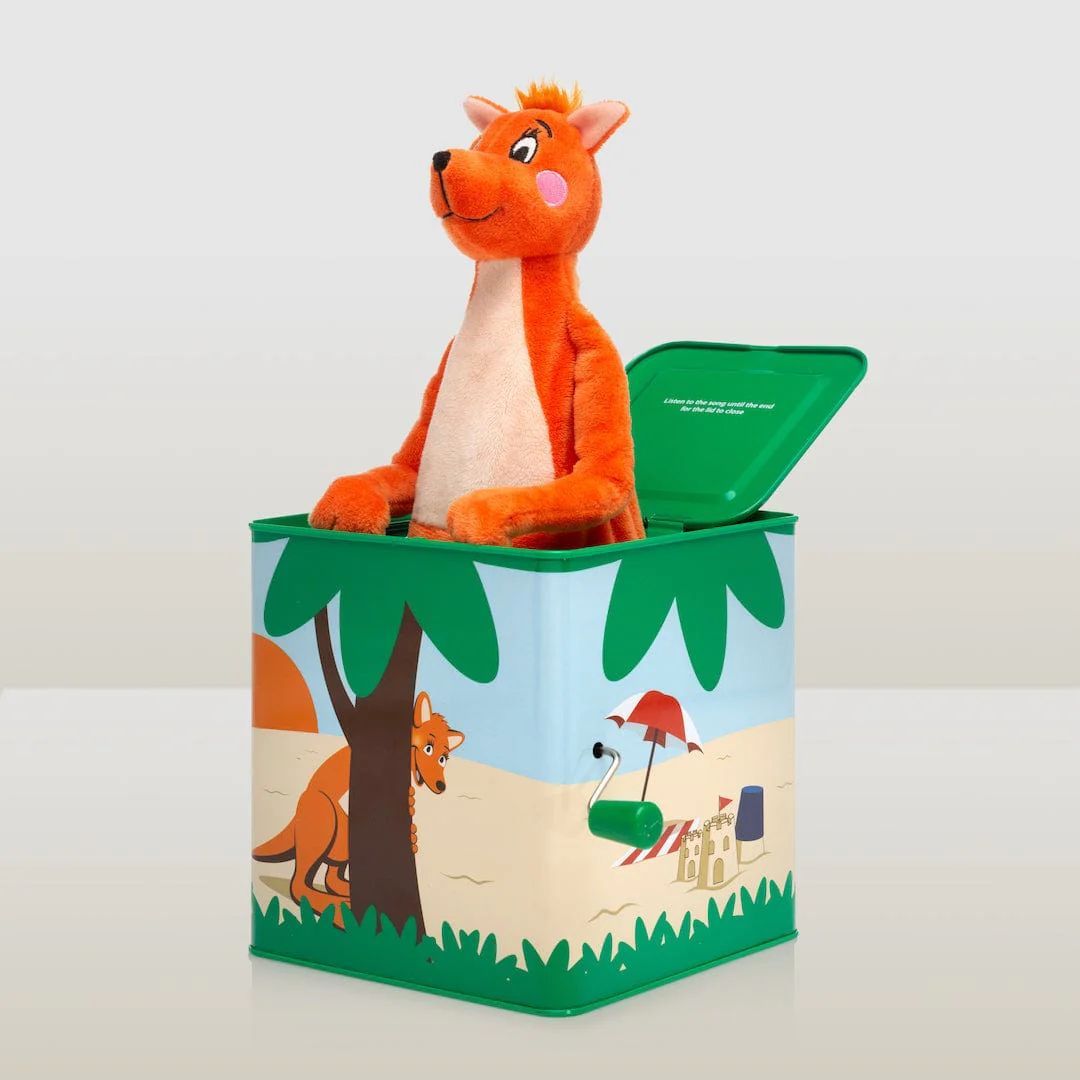
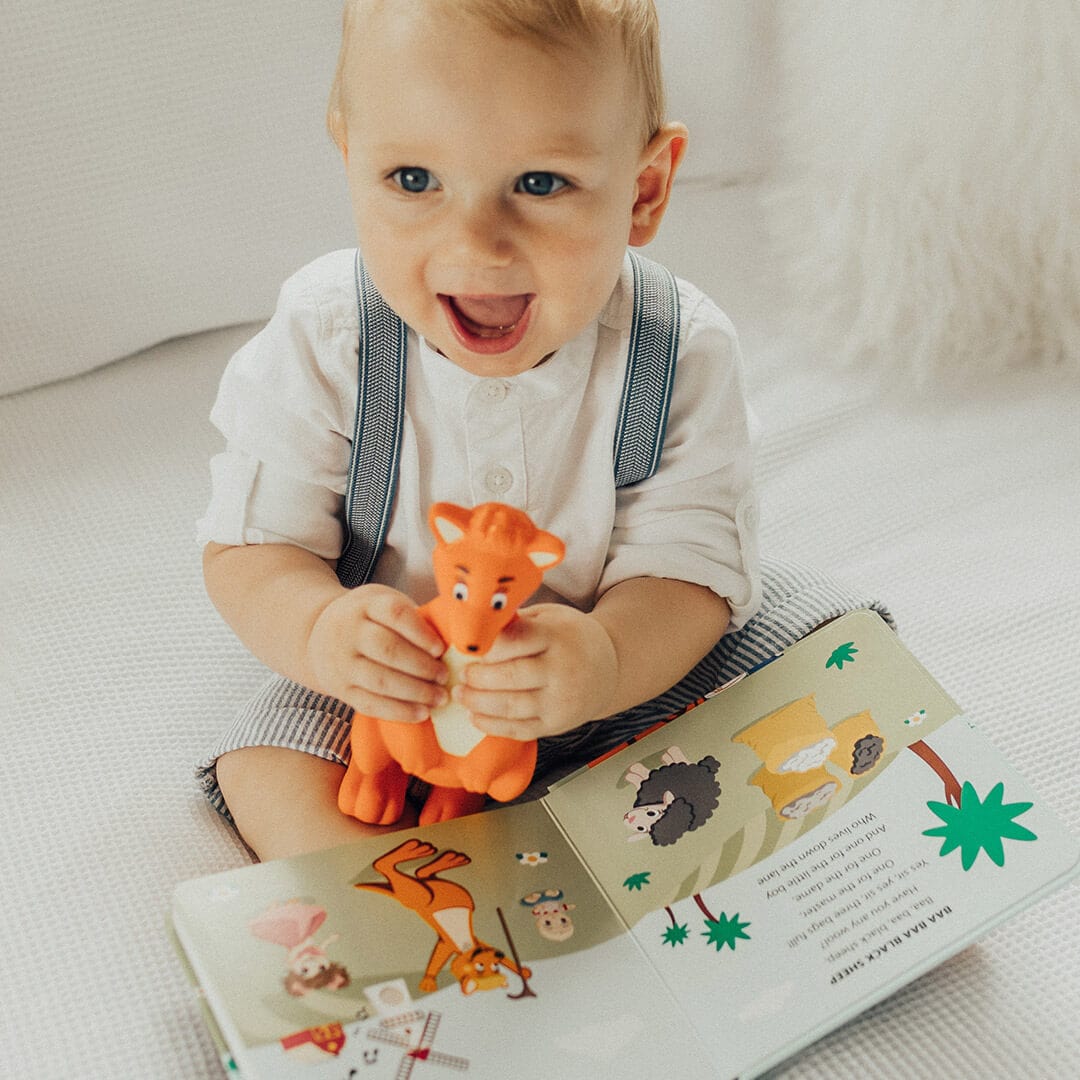
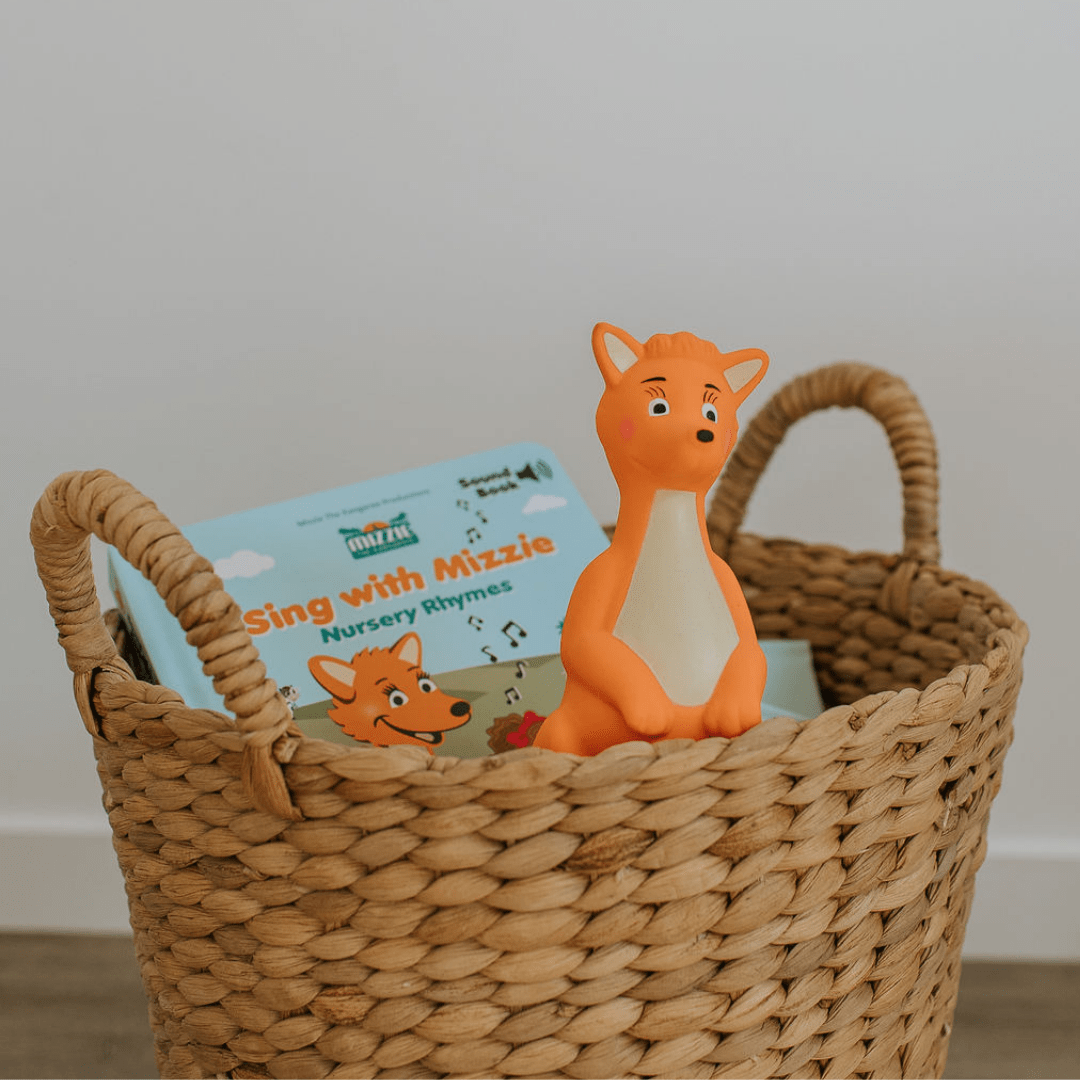
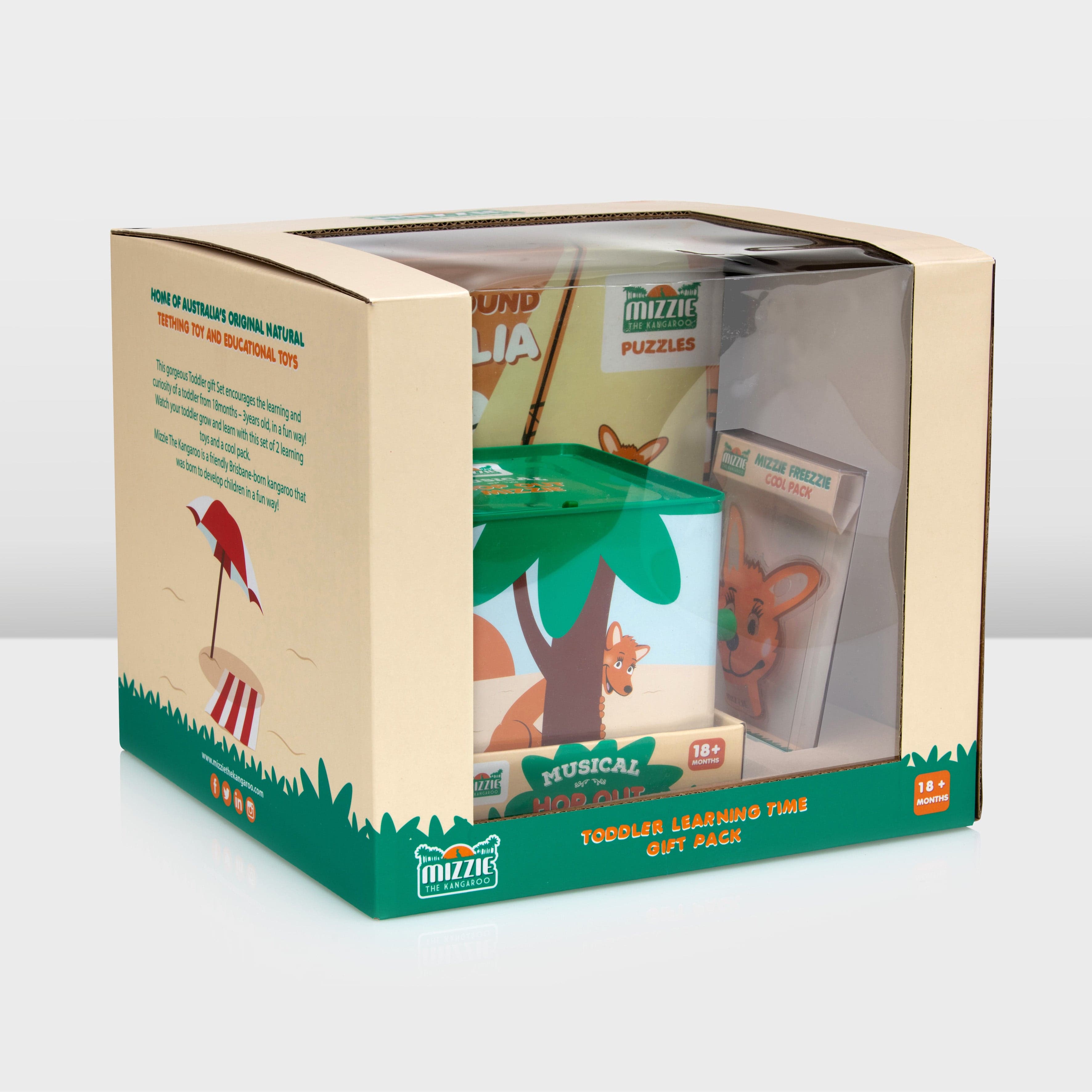
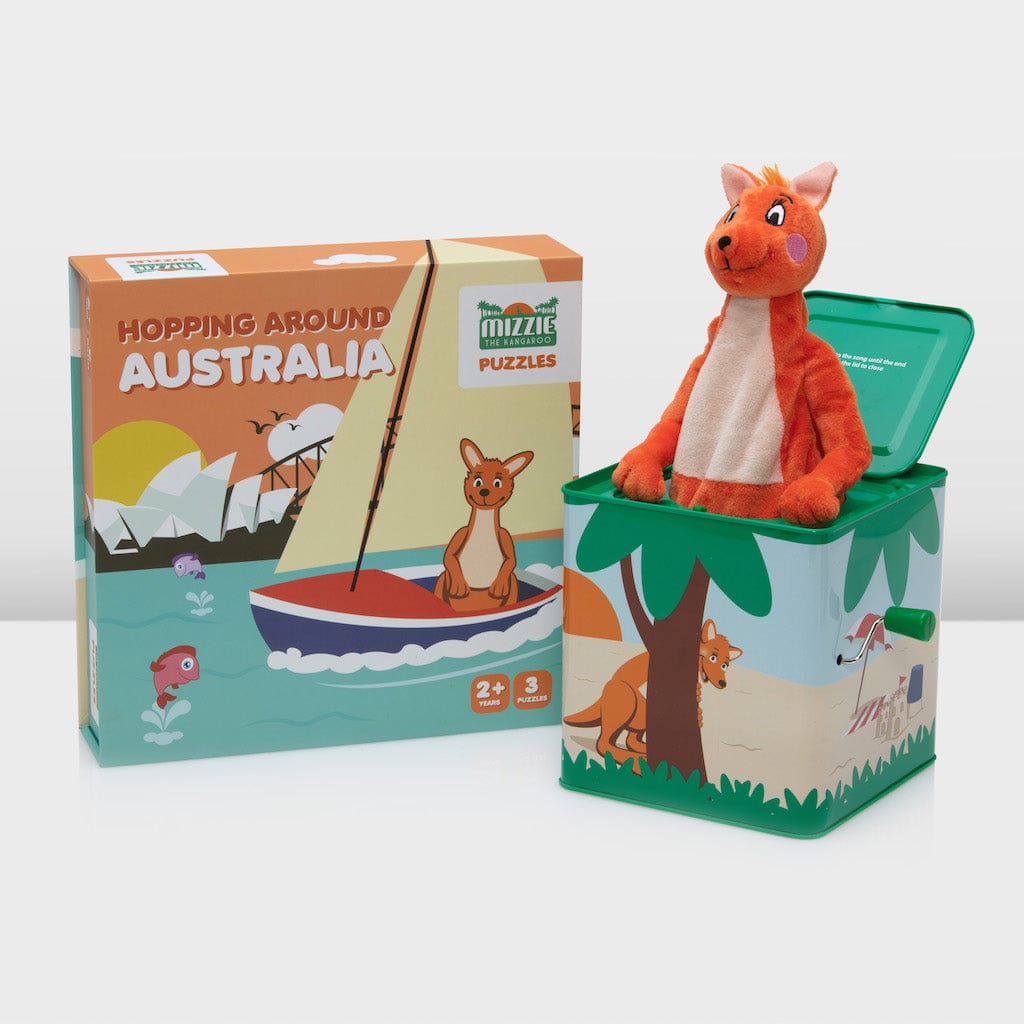
Leave a comment